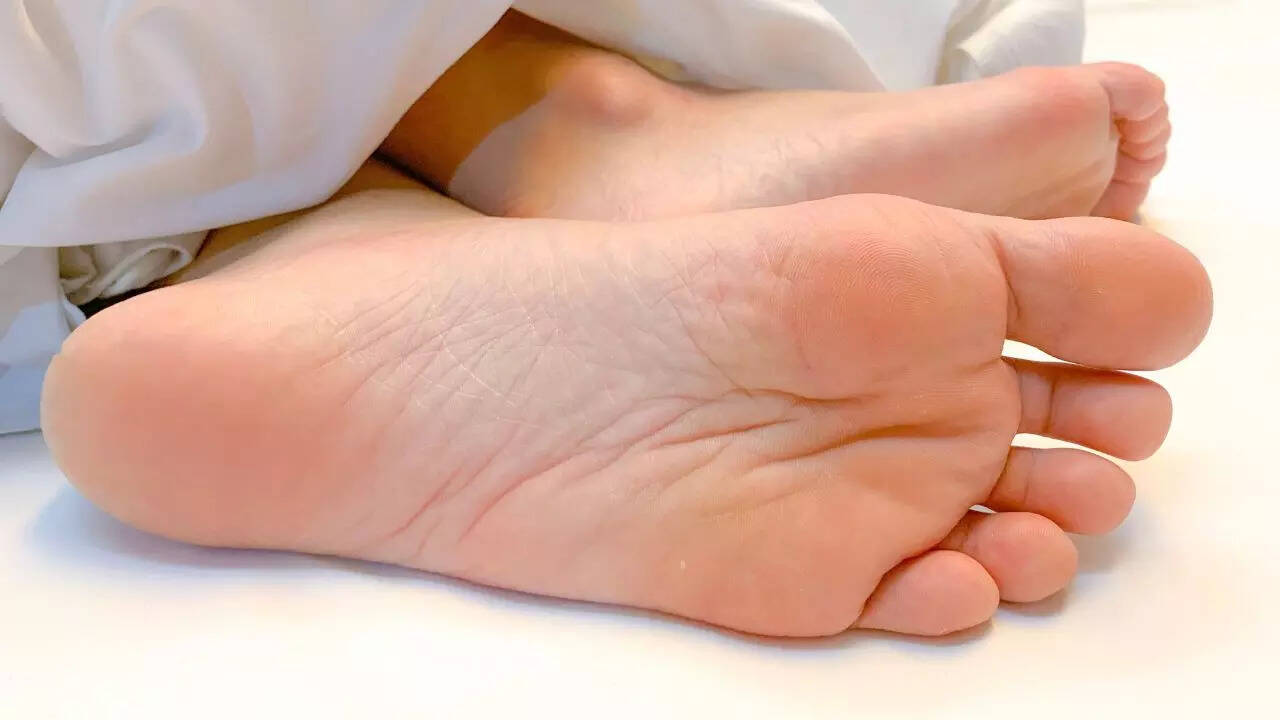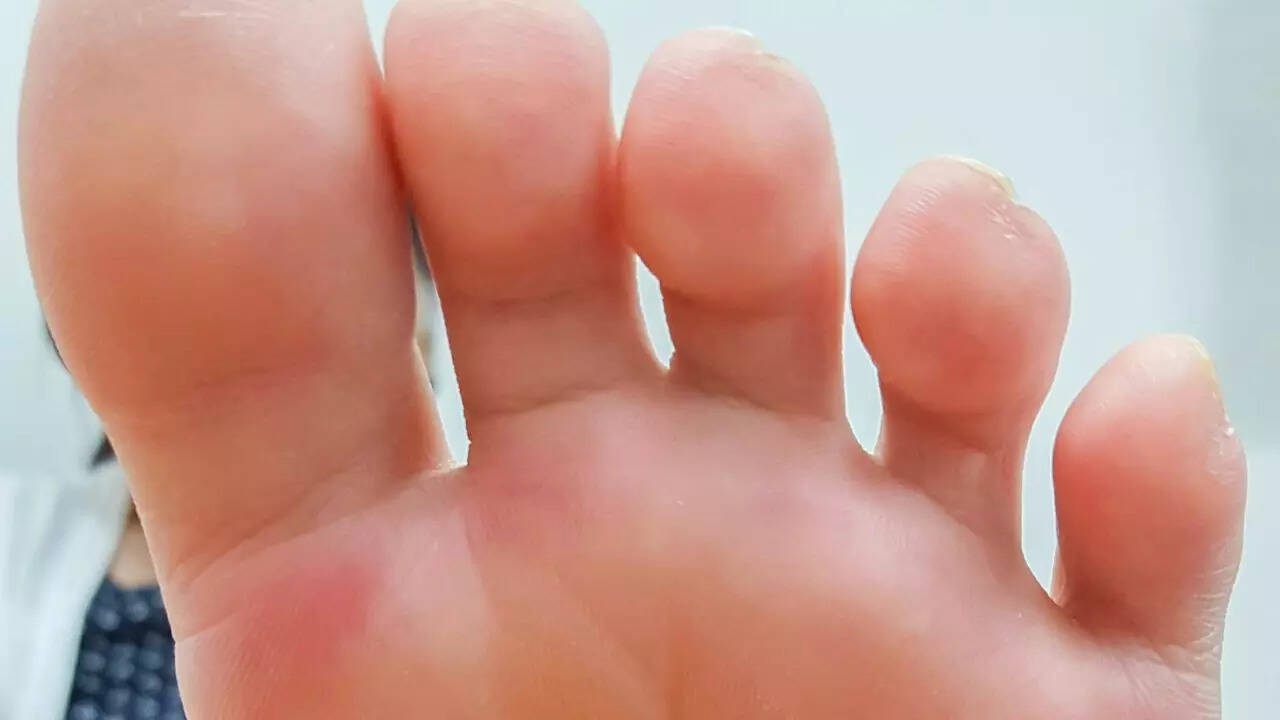That moment when you slip your feet into your shoes and instantly feel dampness building up is honestly the worst. Sweaty feet do not just feel uncomfortable. They also lead to smelly shoes, skin irritation and the kind of embarrassment that can make you avoid closed footwear altogether. The good news is that sweaty feet are extremely treatable when you understand why they happen and follow a routine that targets the real cause. If you have tried powders and sprays without proper results, this guide will help you finally get rid of sweaty feet and smelly shoes for good in a simple, science-backed way.A peer-reviewed study published in the Journal of the American Academy of Dermatology found that around 4.8 per cent of people live with hyperhidrosis, a condition that causes excessive sweating even when the body does not need cooling. The research notes that the soles of the feet and palms are among the most commonly affected areas. This means your sweaty feet are not unusual or “your fault”. With the right care, you can reduce sweat, prevent odour and keep your shoes fresh all day.
What causes sweaty feet and smelly shoes
Sweaty feet occur when the sweat glands in the soles work harder than they should. For many people, this is primary hyperhidrosis, which has no medical cause. For others, it may be linked to heat, anxiety, medication, hormonal changes or underlying conditions. Smelly shoes happen when sweat mixes with bacteria, and the inside of the shoe stays damp. This creates the perfect environment for odour and fungal infections. Understanding both sides of the issue helps you target the root cause and not just mask the smell.
Antiperspirant: The most reliable way to get rid of sweaty feet

A simple antiperspirant is one of the most effective fixes. Look for over-the-counter options with aluminium chloride. These work by blocking sweat gland ducts temporarily, reducing the amount of sweat that reaches the skin. For best results, apply the antiperspirant at night when sweat production is naturally lower. Wash it off in the morning. If your sweating is severe or persistent, a dermatologist can prescribe a stronger formulation.
Footwear choices that prevent sweaty feet and smelly shoes
Your shoes can either help you stay dry or make your sweating worse. Choose breathable materials like mesh, leather or canvas. Avoid plastic-based synthetics that trap heat and create a humid environment. Rotate your shoes daily so each pair dries completely. Pair them with moisture-wicking socks made from merino wool blends or technical fibres. These materials draw sweat away from the skin and keep your feet noticeably drier throughout the day.
Foot powders and insoles that stop odour in shoes
Foot powders help by absorbing moisture and reducing friction. Talc-based powders, antifungal powders or specialised foot powders work particularly well for people who sweat throughout the day. For shoes, charcoal or anti-odour insoles can help absorb sweat and trap smells before they escape. Replacing insoles every few months can make a dramatic difference, especially if you wear closed shoes for long hours.
Medical treatments for stubborn sweaty feet

If home care does not fully solve the problem, medical treatments offer long-lasting relief. Iontophoresis, where a mild electrical current passes through water while your feet are submerged, reduces sweat gland activity for several days. Most people need a few sessions weekly at first, then maintenance sessions. Dermatologists may also suggest prescription-level antiperspirants or, in rare cases, injections that temporarily block sweat signals. These treatments are safe when supervised by a specialist.
Hygiene habits that keep feet dry and shoes fresh
Good hygiene supports everything else you do to reduce sweating. Wash your feet daily, dry them thoroughly between the toes and change socks when they feel even slightly damp. After workouts, remove your shoes immediately and let them air out. Stuffing shoes with newspaper overnight helps them dry faster. You can also sprinkle a little baking soda inside shoes to neutralise odour.
When to see a doctor for your sweaty feet
If your socks get soaked, the smell is persistent, or you keep getting fungal infections, it is time to see a dermatologist. They can rule out medical causes and guide you towards stronger treatments tailored to your condition.Sweaty feet and smelly shoes are uncomfortable, but they are far from permanent. With the right combination of antiperspirant, breathable footwear, foot powders, hygiene habits and medical treatments when needed, you can stay confidently dry. Once you understand how to get rid of sweaty feet and smelly shoes for good, the solution becomes simple, consistent and completely achievable.Disclaimer: This article is for general informational purposes only and is not a substitute for professional medical advice, diagnosis, or treatment. Always seek the guidance of a qualified healthcare provider regarding any medical condition or lifestyle change.Also read| Which mask is best for air pollution: Check types, features and how to select

